John Hammond (1843–1939): An adventuring artist, and an important chronicler of the opening of Canada’s railways, Hammond was a world traveller. This painting was commissioned by Canadian Pacific to show easterners (and investors) scenes of westward expansion. (Above: C.P.R. Station in the Rockies, 1901)
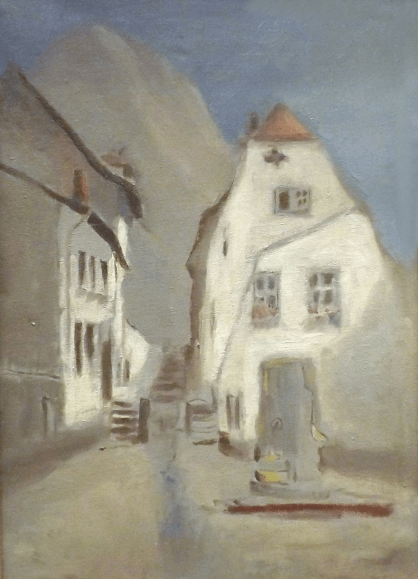
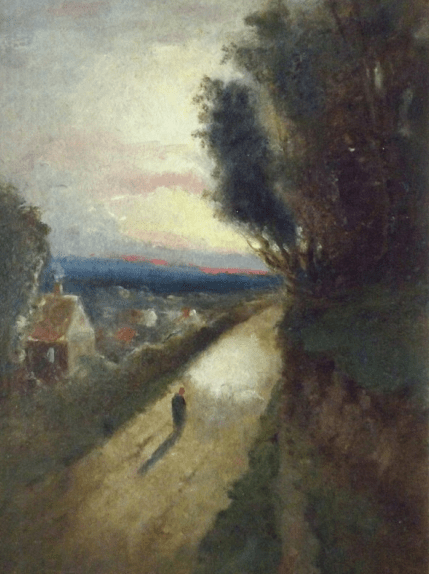
By the time he was barely a young man, Hammond had joined a local militia and, by 1860, he had gone to seek his fortune in New Zealand’s gold rush. Those experiences gave his art a sense of adventure reflected in his landscapes and seascapes.
Trantramar Marsh, New Brunswick
By the 1880s, he was in Europe, painting in Holland and in France with painters such as James Whistler and Jean-François Millet. A member of the Royal Canadian Academy of Arts, he would also participate in the 1886 Paris Salon and his work would be shown at the London Royal Academy and the New York National Academy of Design.
There is another reason he was important. In 1893, at the age of 50, he moved to Sackville, N.B. as head of Fine Arts at Mount Allison University. His involvement in creating the Owens Museum established it as one of the top fine arts institutions in Canada. He also had this Queen Anne Revival home built in 1896 by celebrated architect Edmund Burke. It is designated as a National Historic Site of Canada.
John Hammond at the National Gallery of Canada, here.
This is #19 in the series 150 Artists.
Discover more from Canadian Art Junkie
Subscribe to get the latest posts sent to your email.

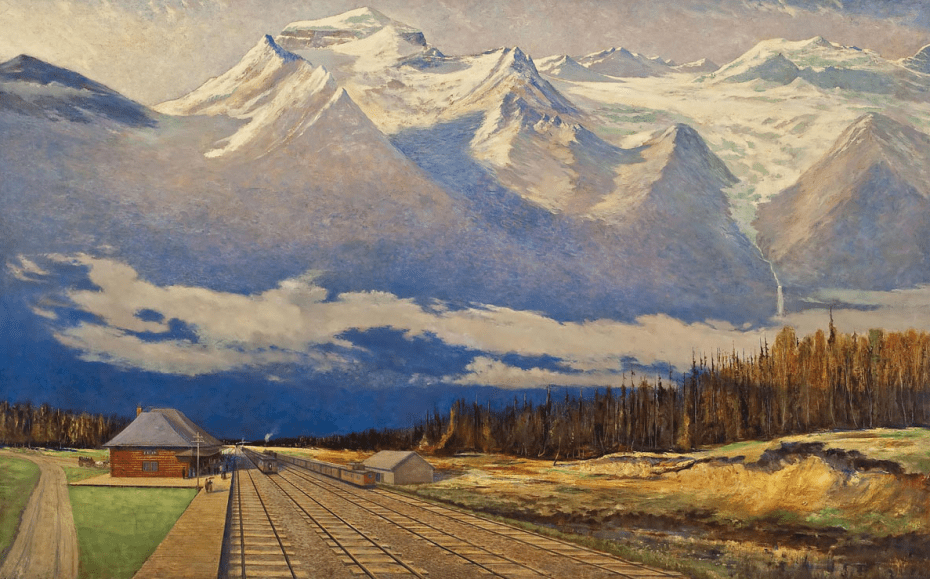
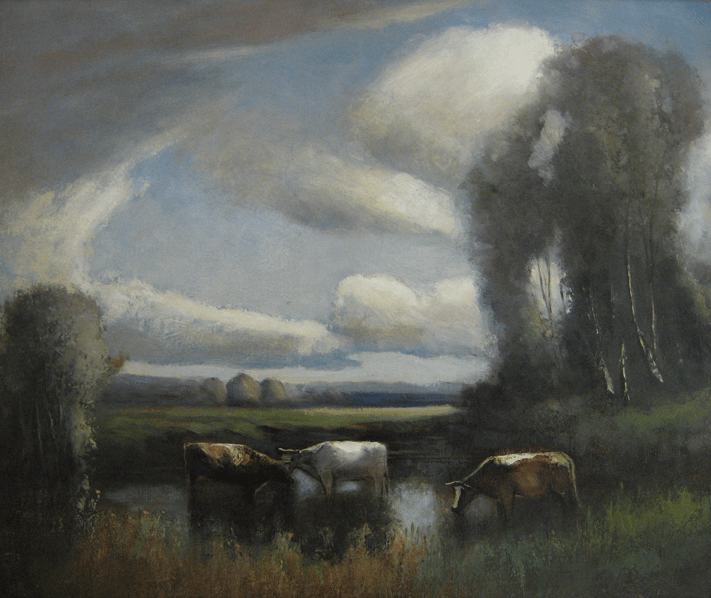
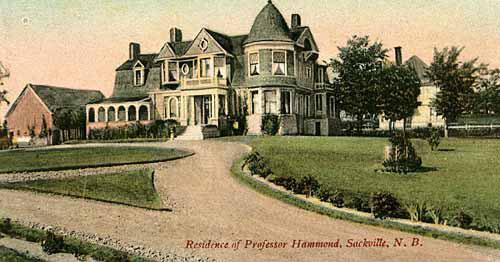


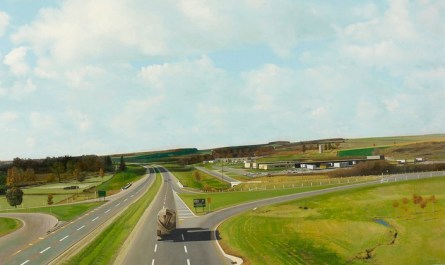
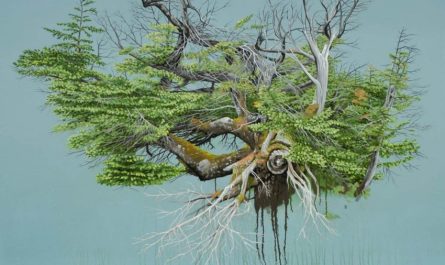


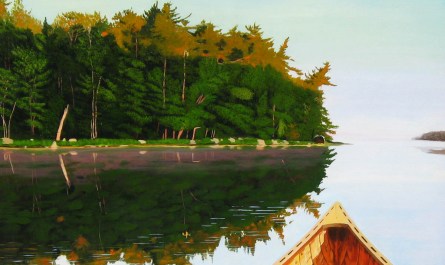
John A Hammond is a very significant Canadian artist and member of the RCA, his works are in high demand and for good reason. Some of his works are very remeniscent of the great British artist JMW Turner, RA. Does anyone know where is estate administrator is located.
I adore the marsh painting! I actually had never heard of him before this post. Definitely a distinguished Canadian artist!
Yes that marsh work has that moorish, early 20th Century romanticism. Agree.
Love his work; thank you for sharing these!